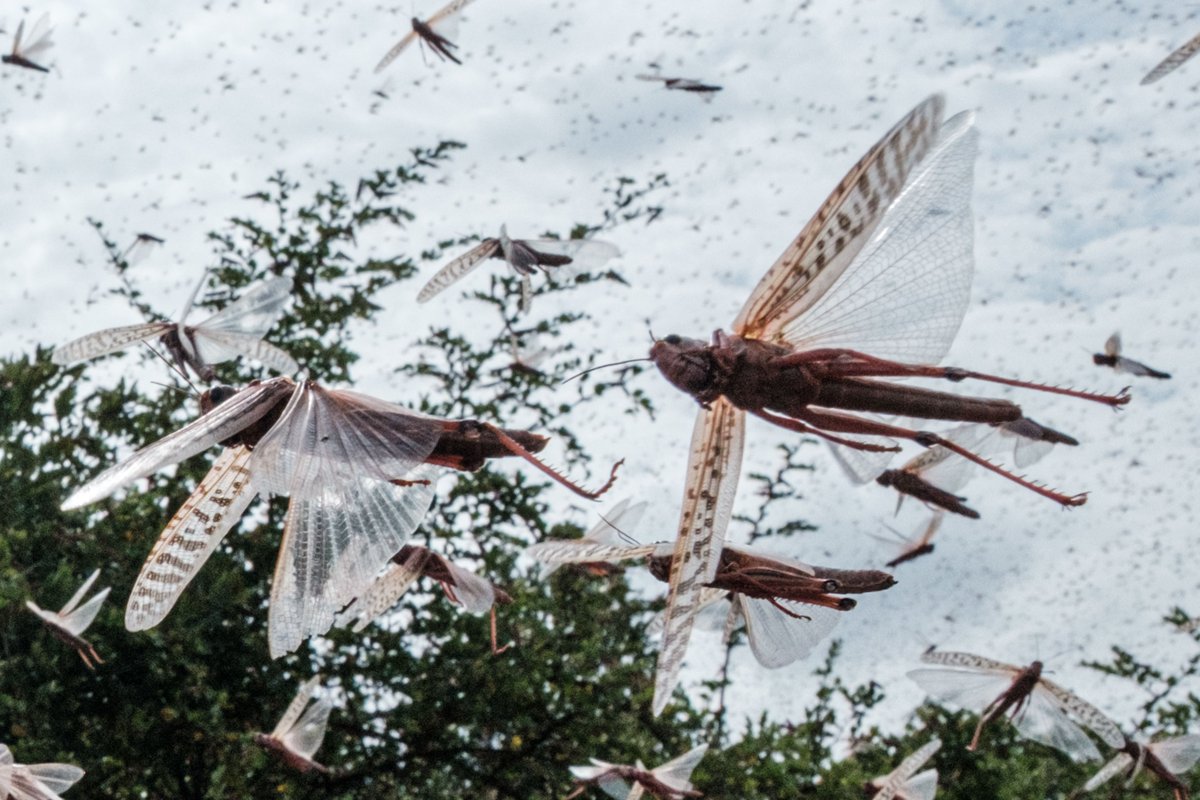
Is Scott Stuber now the most important man in Hollywood? He laughs nervously at the question.
“I am just a guy in a chair that someone else will [one day] occupy.” thetimes.co.uk/article/scott-…
“I am just a guy in a chair that someone else will [one day] occupy.” thetimes.co.uk/article/scott-…
It is, nonetheless, a very big chair: Stuber oversees the Netflix film slate and when he joined early in 2017, he had to fix a glaring problem.
While the company was winning acclaim for its original series, customers were still complaining about the quality of its film offering and Hollywood was sniffy.
Fast forward to 2021 and Netflix has had mega-hits including Bird Box and has released a Martin Scorsese film, The Irishman, that rival studio heads admit they couldn’t get made, and won more Oscars (seven) at the Academy Awards in April than any other distributor. 

Stuber is in town for the London Film Festival, which ends tonight. It began with the premiere of The Harder They Fall, a western starring Idris Elba, which marked the first time a Netflix title had opened the event. 

He has retained a Tiggerish enthusiasm for film that stems from his childhood in the San Fernando Valley, on the wrong side of the hill in Los Angeles.
“[Hollywood] was as foreign to me as it would be a kid from Liverpool,” he says. “So [doing this job], I feel like I’m 13.”
“[Hollywood] was as foreign to me as it would be a kid from Liverpool,” he says. “So [doing this job], I feel like I’m 13.”
While at university in Arizona, he would go and buy the magazine The Hollywood Reporter and write asking for work to all the companies making films and television shows. He never received a reply.
Then, at an LA barbecue, while he was complaining that he would never break into the industry, a sister of a friend told him that film studios had HR departments.
He put on his only suit, and went in to see them all.
He put on his only suit, and went in to see them all.

He was eventually hired as an assistant in the publicity department at Universal.
Here he met Lew Wasserman, the legendary movie mogul. Stuber’s job was to deliver him newspaper clippings every morning by 8am. "If there was a bad paper jam, it was very stressful."
Here he met Lew Wasserman, the legendary movie mogul. Stuber’s job was to deliver him newspaper clippings every morning by 8am. "If there was a bad paper jam, it was very stressful."
They never spoke — Stuber was too intimidated — until one day Wasserman asked him a question. “He had a big, bellowy voice and he said: ‘Hey son! What do you want to be when you grow up?’” Stuber says he instinctively replied, “You.”
He says his aim is to create a place where creators know they are supported. “You can bring something like The Irishman or Roma and we’ll treat it like an Avengers movie, because those are our superhero movies. The big great art is what we can do.” 

So has the anti-Netflix snobbery faded away then? Stuber nods: “That attitude has shifted.”
What are his ambitions now? He aims very high: “I’d love to bring Daniel Day-Lewis out of retirement.”
Read more: thetimes.co.uk/article/scott-…
What are his ambitions now? He aims very high: “I’d love to bring Daniel Day-Lewis out of retirement.”
Read more: thetimes.co.uk/article/scott-…
• • •
Missing some Tweet in this thread? You can try to
force a refresh






